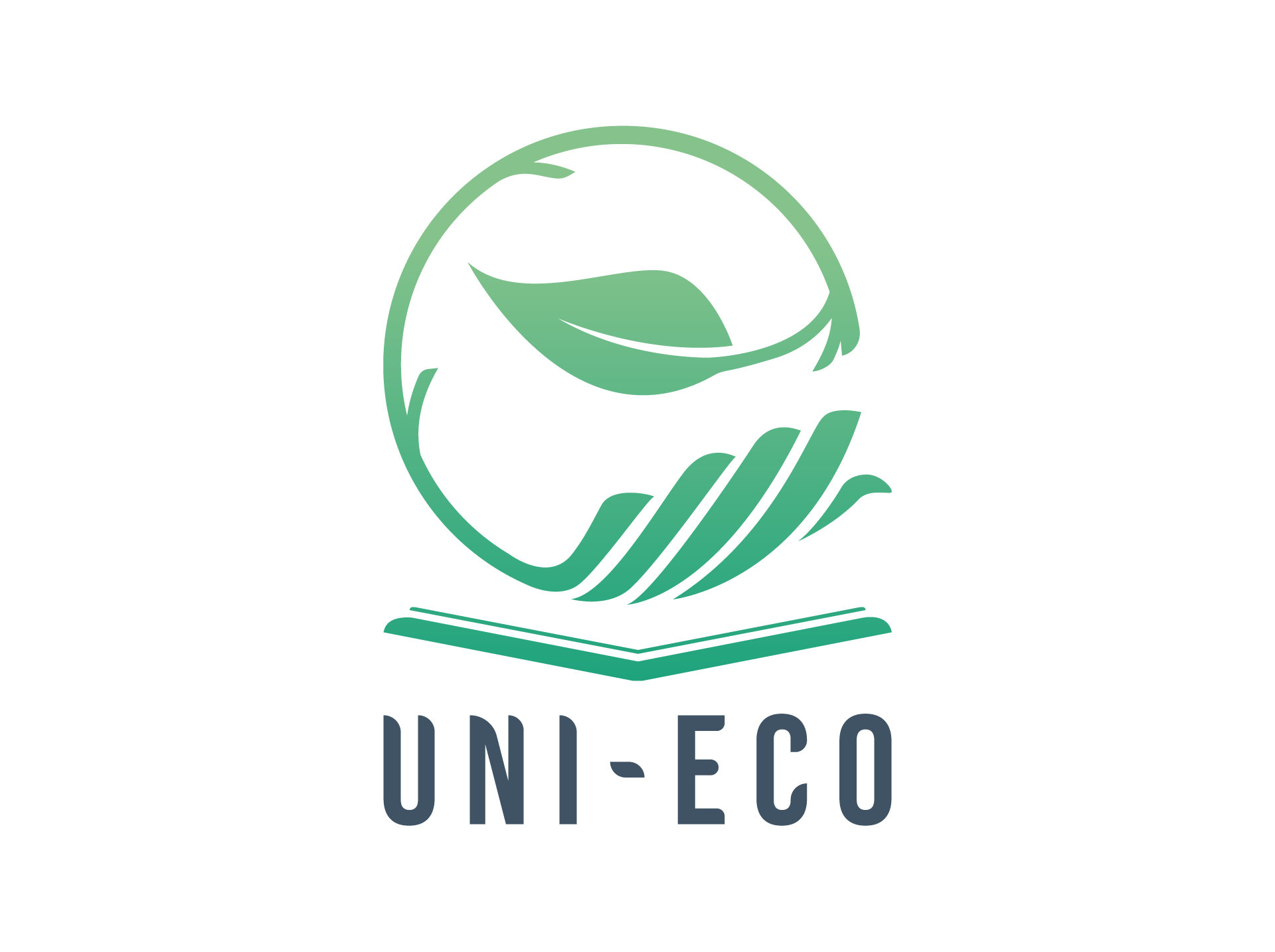Module description
This module analyses climate and energy issues through a macroscopic point of view:
- it defines what is energy,
- it demonstrates the strong dependence of the global economy towards fossil fuels,
- it explains the foreseeable consequences associated with this dependence and the emergency to tackle it through decarbonization,
- it exposes methodology and tools to quantify and compare “Carbon Footprint”
Understanding the concept of carbon footprint calls for a macroscopic analysis of how the economy works, by questioning its essential foundations : the use of fossil fuels as well as many other limited natural resources.
While urgently needed, decarbonizing economic activity is a big challenge that requires a minimal level understanding about the nature and size of the problem to be solved to avoid false solutions.
This module will provide the learners with objective and scientific data as well as appropriate tools to assess their own carbon footprint in order to focus their individual efforts in the most relevant direction(s).
Module learning outcomes
On successful completion of this programme, learners will be able to:
- Understand links between economic activity, energy use and climate change
- Define what the concept of carbon footprint is
- Understand the calculation methodology and how to interpret results
- List examples of activities generating a negative impact regarding greenhouse gas emissions.
- Calculate their own carbon footprint
Module teaching staff

Dr Jullien Drone (jullien.drone@enscm.fr) is Associate Professor of organic chemistry and biochemistry at the University of Montpellier (National Graduate School of Chemistry). He is co-head of the "Bioremediation and environmental management" major. He teaches Biocatalysis, Organic Chemistry, Biochemistry and Environmental Biotechnology.
Research activities : Engineering of cytochromes P450 for selective hydroxylations, Enzymatic reduction of CO2, Metabolic engineering of E. coli for the synthesis of terpenes.

Elodie Ernoult is deputy head of the European Projects Unit at the University of Montpellier (France). She has a long experience in international project management with North Africa and Central / west Africa especially, on various topics such as programs professionalisation or the creation of a master’s degree in water resources management and environmental threats. She holds a master’s degree in European Project Management (Caen, France). She coordinates a working group on Sustainable Development related to International Affairs and is also involved and responsible for the implementation of the green challenges for staff and students.

Camylle Pernelle is the Head of the European Projects Unit at the University of Montpellier (France). She is currently leading cooperation projects in higher education between Europe, Latin America, Southeast Asia and Africa. She holds a master's degree in International Relations from the French Institute for International and Strategic Affairs (Paris, France) and a master's degree in Political History from Denis Diderot University (Paris, France). She has extensive experience in EU project management especially on topics related to HE internationalization, mobility, joint degrees, teaching and learning reform. Camylle Pernelle is also the project coordinator of the UNI-ECO project that aims at fostering sustainable development within our campuses. She also created a working group dedicated to Sustainable Development related to International Affairs, whose members represent the different faculties of the University of Montpellier.
To begin the module, click on "Unit 1 - Check your knowledge" below.
